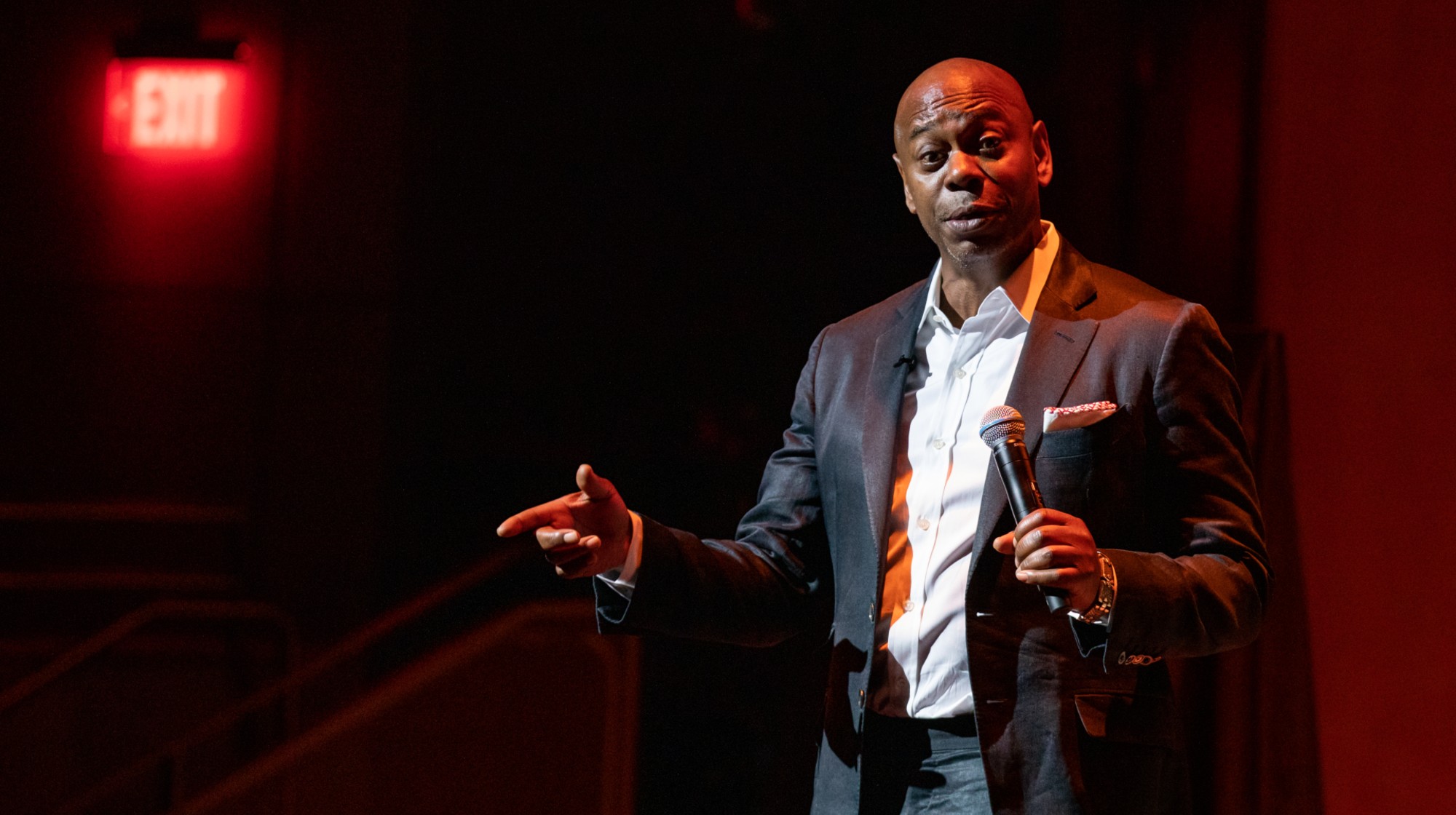The couples who run their marriage like a business
Using business principles in the home touted as a potential solution to gender disparity in domestic labour

A free daily email with the biggest news stories of the day – and the best features from TheWeek.com
You are now subscribed
Your newsletter sign-up was successful
Power lunches, weekly feedback meetings and financial integration – these might not sound particularly romantic but some couples believe that running their relationship like a company is the key to domestic bliss.
Modern technology offers endless ways to organise our lives but is managing your marriage like a company the key to solving problems or enabling them?
'Repulsed and inadequate'
"I can see why families are increasingly using business principles at home", wrote Genevieve Roberts for the i news site. My family maintains a joint diary and I don't know how I'd "cope" without "sports days, school trips and end-of-year-shows blocked out". In fact, the increased organisation and efficiency of the shared calendar inspired me "to try 'biz-nifying' our home life further", including a "regular scheduled family meeting".
The Week
Escape your echo chamber. Get the facts behind the news, plus analysis from multiple perspectives.

Sign up for The Week's Free Newsletters
From our morning news briefing to a weekly Good News Newsletter, get the best of The Week delivered directly to your inbox.
From our morning news briefing to a weekly Good News Newsletter, get the best of The Week delivered directly to your inbox.
There is a limit, though. "While we might incorporate more business techniques at home", my husband and I "share a loathing of corporate jargon" so "we're safe from doubling down on housework and circling back on DIY".
After a decade of marriage, Sarah Wheeler and her husband "committed, after years of some combination of neglect and resistance", to "better manage our family", she wrote for Romper. And "even though that phrase gives me visions of PowerPoint presentations and leaves me feeling simultaneously repulsed and inadequate", I have to admit "the project of our family was in need of some regular power lunches".
Having spoken to other couples, she found some were making a success of it. A weekly meeting is an option that more couples are taking up, as one woman told Wheeler. "If I get frustrated with something, instead of getting snappy, I just go, 'I'll just bring that up on Monday'", she said.
'Ah, privileges…'
One supposed advantage of taking a business-like attitude to private life is that getting domestic chores organised in black and white could be useful in tackling gender disparity in the home. In Spain, for instance, the government has developed a free app to log how much time each household or family member spends on chores. The app is "designed to shed light" on the "mental load" that's "overwhelmingly" carried by women when it comes to household maintenance, and to encourage men to do more, said The Guardian.
A free daily email with the biggest news stories of the day – and the best features from TheWeek.com
"We think this is an exercise that could be used at home to share the chores out between sons, daughter, fathers, mothers, or between flatmates or life partners," said Spain's secretary of state for equality, Ángela Rodríguez, "because the division of those tasks is sometimes unequal".
Following criticism of the plan from some quarters, she responded to critics of the plan on social media. "Ah, privileges", she wrote, adding that what people were "really annoyed about" was "the possibility of having to start doing their bit at home".
There are other ways that marriage can learn from the world of business, wrote Arthur C. Brooks for The Atlantic. Husbands and wives hoping for a "durable romantic partnership" could benefit "by looking at "the characteristics of a merger".
In a corporate merger, "there must be financial integration" and similarly, "maintaining separate finances lowers the chances of success" in marriage. There is "rarely" a "50–50" relationship between merged companies because "the partner firms have different strengths and weaknesses" and this should also be the case in relationships. Of course, "even the most bountiful, free-giving spouse will come to resent someone who is a taker", said Brooks. The solution? "Defy math: Make it 100-100."
Chas Newkey-Burden has been part of The Week Digital team for more than a decade and a journalist for 25 years, starting out on the irreverent football weekly 90 Minutes, before moving to lifestyle magazines Loaded and Attitude. He was a columnist for The Big Issue and landed a world exclusive with David Beckham that became the weekly magazine’s bestselling issue. He now writes regularly for The Guardian, The Telegraph, The Independent, Metro, FourFourTwo and the i new site. He is also the author of a number of non-fiction books.
-
 6 of the world’s most accessible destinations
6 of the world’s most accessible destinationsThe Week Recommends Experience all of Berlin, Singapore and Sydney
-
 How the FCC’s ‘equal time’ rule works
How the FCC’s ‘equal time’ rule worksIn the Spotlight The law is at the heart of the Colbert-CBS conflict
-
 What is the endgame in the DHS shutdown?
What is the endgame in the DHS shutdown?Today’s Big Question Democrats want to rein in ICE’s immigration crackdown
-
 Josh D’Amaro: the theme park guru taking over Disney
Josh D’Amaro: the theme park guru taking over DisneyIn the Spotlight D’Amaro has worked for the Mouse House for 27 years
-
 Quiet divorce is sneaking up on older couples
Quiet divorce is sneaking up on older couplesThe explainer Checking out; not blowing up
-
 Is a social media ban for teens the answer?
Is a social media ban for teens the answer?Talking Point Australia is leading the charge in banning social media for people under 16 — but there is lingering doubt as to the efficacy of such laws
-
 The most notable video games of 2025
The most notable video games of 2025The Week Recommends Download some of the year’s most highly acclaimed games
-
 How coupling up became cringe
How coupling up became cringeTalking Point For some younger women, going out with a man – or worse, marrying one – is distinctly uncool
-
 How AI chatbots are ending marriages
How AI chatbots are ending marriagesUnder The Radar When one partner forms an intimate bond with AI it can all end in tears
-
 A 34-year-old plane is at the center of the UPS crash
A 34-year-old plane is at the center of the UPS crashIn the Spotlight Many air cargo companies use planes that are this old
-
 Saudi comedy fest exposes free speech schism in stand-up
Saudi comedy fest exposes free speech schism in stand-upIN THE SPOTLIGHT The decision by some of stand-up’s biggest names to attend a festival in a nation infamous for its censorship has the comedy world picking sides and settling old scores